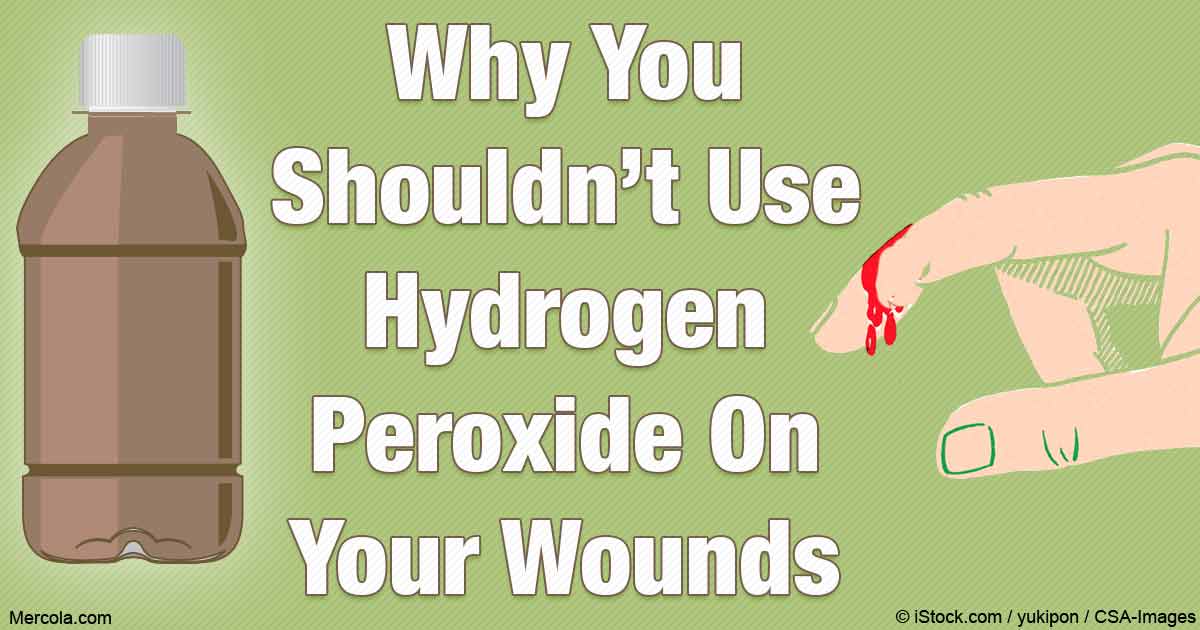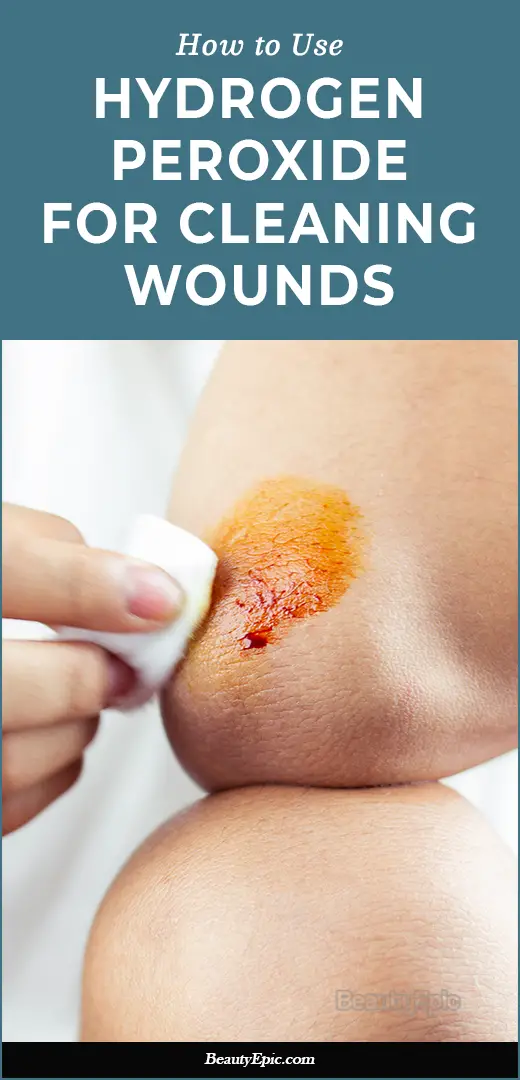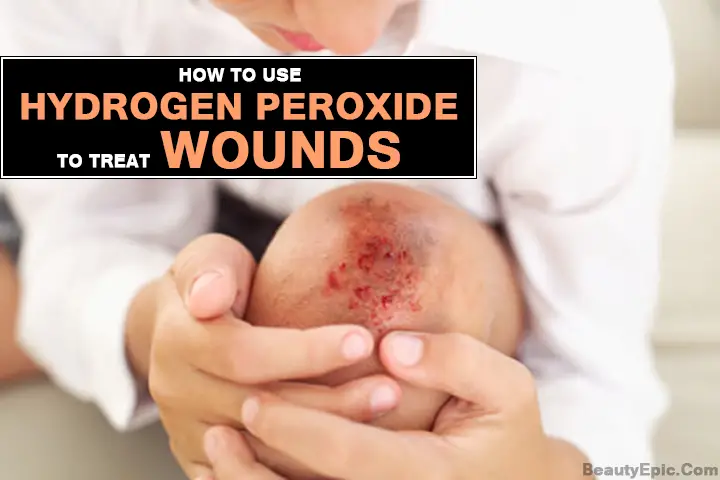
Hydrogen peroxide is a common household disinfectant that is widely used for cleaning wounds. It is a colorless and odorless liquid that releases oxygen when it comes in contact with organic material, making it an effective antiseptic. However, the question remains - can you use hydrogen peroxide to clean a wound?
How Does Hydrogen Peroxide Work?

Hydrogen peroxide works by releasing oxygen when it comes in contact with organic material. This oxygen release helps to kill bacteria and other harmful microorganisms that may be present on the wound. The foaming action that occurs when hydrogen peroxide is applied to a wound helps to remove dirt and debris, which can also help to prevent infection.
Is Hydrogen Peroxide Safe To Use On Wounds?
While hydrogen peroxide is effective at killing bacteria and preventing infection, it can also damage healthy tissue. Using too much hydrogen peroxide, or using it too often, can slow down the healing process and cause further damage to the wound. In addition, hydrogen peroxide can cause a burning sensation and may be painful when applied to the wound.
How To Use Hydrogen Peroxide To Clean A Wound?

If you decide to use hydrogen peroxide to clean a wound, it is important to use it properly to avoid causing further damage. Here are the steps to follow:
- Clean your hands thoroughly with soap and water before touching the wound.
- Gently rinse the wound with water to remove any dirt or debris.
- Pour a small amount of hydrogen peroxide onto a clean cotton swab.
- Gently apply the hydrogen peroxide to the wound, being careful not to use too much or apply too much pressure.
- Allow the hydrogen peroxide to foam for a few seconds before wiping away any excess with a clean cotton swab.
- Cover the wound with a sterile bandage or gauze.
When Not To Use Hydrogen Peroxide?

While hydrogen peroxide can be an effective wound cleaner, there are certain situations where it should not be used. These include:
- Deep wounds or puncture wounds - hydrogen peroxide can damage healthy tissue and slow down the healing process in these types of wounds.
- Chronic wounds - long-term use of hydrogen peroxide can cause skin irritation and further damage to the wound.
- Chemical burns - hydrogen peroxide can react with certain chemicals and worsen the burn.
Conclusion
While hydrogen peroxide can be an effective wound cleaner, it should be used with caution. It is important to follow the proper steps and use it in moderation to avoid causing further damage to the wound. If you are unsure about using hydrogen peroxide to clean a wound, it is always best to consult with a healthcare professional.